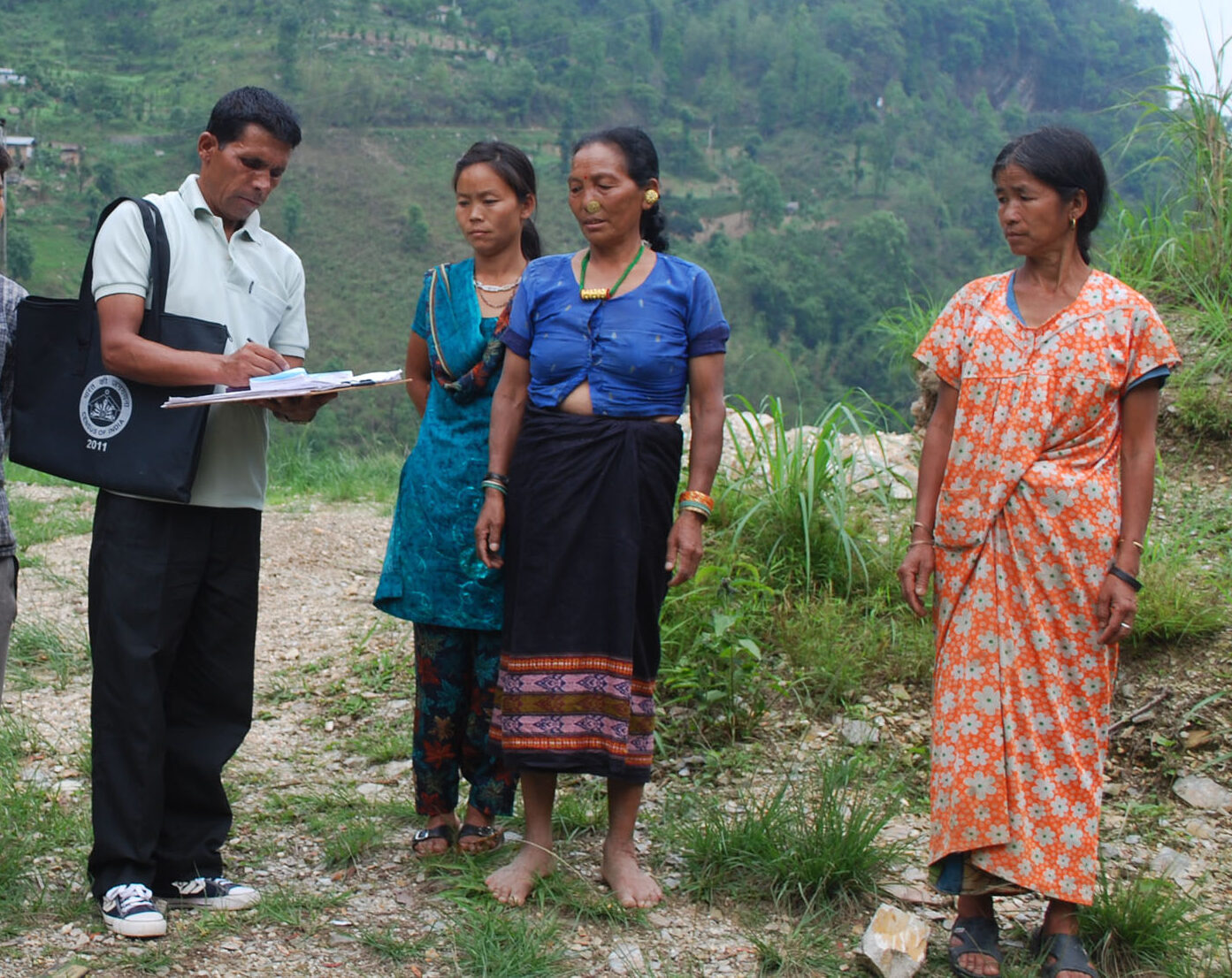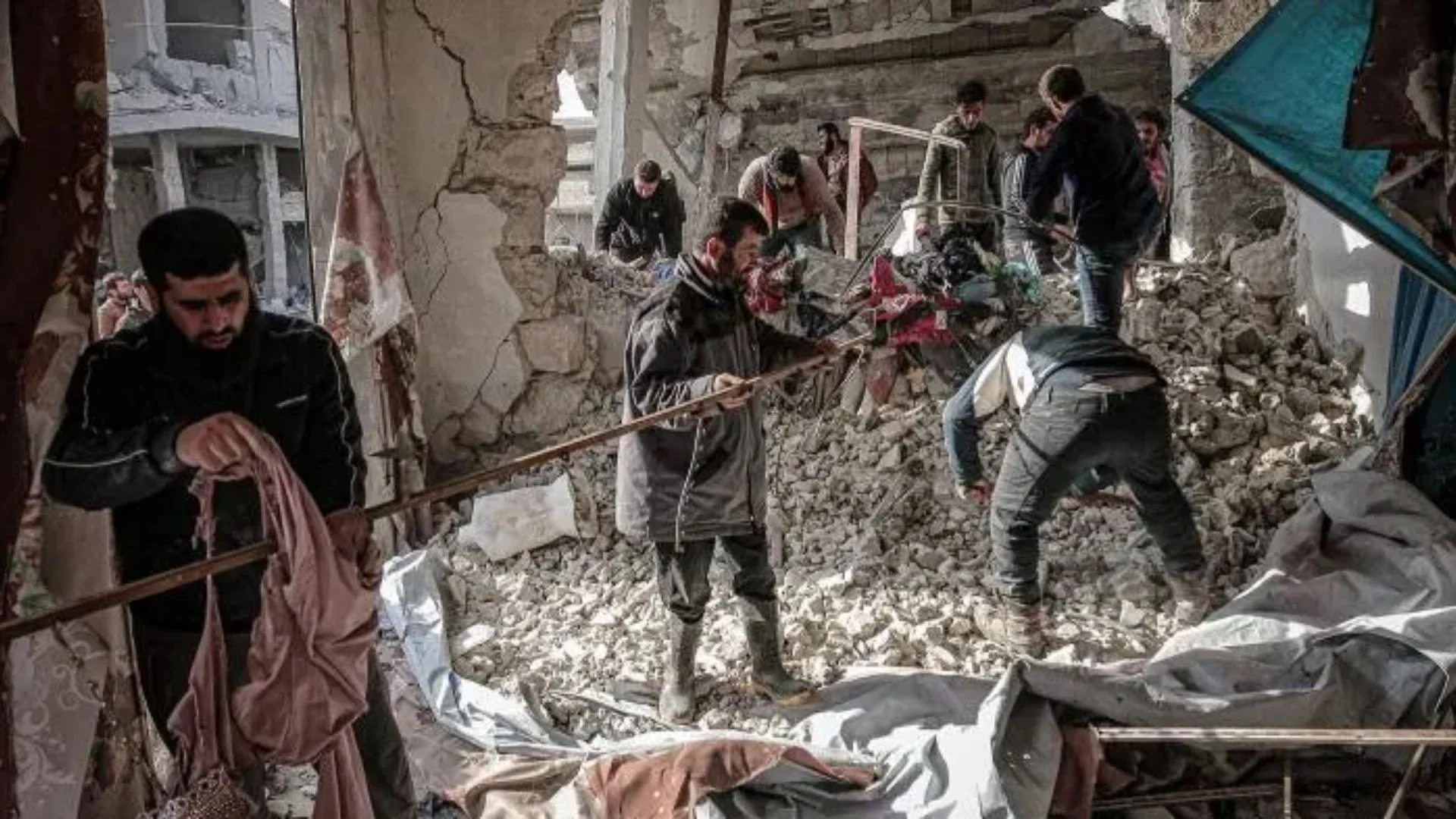India will begin its delayed decadal census early next year. Held every ten years since 1872, the census was postponed in 2020. This census is especially important as it will form the basis for redrawing Lok Sabha constituencies, a process called delimitation. Expected to finish by 2026, this redistricting could rekindle political tensions between the populous northern states and the wealthier southern regions.
Expected Timeline and Changes
Since 1951, India has conducted the census regularly, but COVID-19 halted the 2021 process. While exact dates remain unconfirmed, insiders expect work on the census and the National Population Register (NPR) to start early next year. “This may shift future census cycles to 2025-2035, 2035-2045, and so forth,” shared a source.
Debate over Caste Inclusion
The government has not yet decided whether this census will count castes. Traditionally, only scheduled castes and scheduled tribes are included. “We anticipate completing the census count by 2026, after which we will redraw Lok Sabha constituencies,” added the source. Experts estimate delimitation to conclude by 2028, just before the 2029 elections.
First Digital Census for India
India’s 2021 census will be its first digital census, offering citizens the chance to self-enumerate through an NPR-linked portal. The project, originally budgeted at ₹12,000 crore, faced setbacks due to the pandemic and later saw a funding cut from ₹3,768 crore in 2021-22 to ₹1,309 crore in the 2024-25 Union Budget.
Key Government Statements on Census Timeline
Union Home Minister Amit Shah recently confirmed the census will begin “soon.” However, he noted that a decision regarding caste inclusion will be made later. Until then, agencies rely on data from the 2011 census to guide policies and allocate resources.
Impact on Constituency Redistricting
The new census data will lay the groundwork for constituency delimitation, paused since 2002. This redistricting may heighten political concerns, especially as the Women’s Reservation Bill—reserving a third of parliamentary seats for women—will come into effect following this process.
Changes in State Representation
Demographic shifts could affect Lok Sabha representation. Experts predict Uttar Pradesh’s seats may increase from 80 to 143, while Kerala might remain at 20 and Tamil Nadu could rise slightly from 39 to 49. Leaders from southern states, including Andhra Pradesh’s N. Chandrababu Naidu and Tamil Nadu’s MK Stalin, worry that low birth rates in their regions could reduce their influence in Parliament.
Renewed Calls for Caste-Based Data
Opposition leaders continue to push for a caste-based census. Bihar, Andhra Pradesh, and Karnataka have conducted state-level surveys, while Telangana plans a similar initiative. The upcoming census forms, with 31 questions, may allow citizens to specify their “sects,” which could also help in defining constituencies by regional demographics.
Political Stances on Caste Census
The ruling BJP has not confirmed its position on caste data. Allies like Janata Dal (United) support a caste census, while the BJP’s ideological wing, the RSS, has stated it favors a caste count but opposes its use for political purposes.
Constitutional and Political Concerns
Congress leader Jairam Ramesh has questioned the census’s approach to caste data and its influence on Lok Sabha representation, citing Article 82 of the Constitution, which mandates constituency reallocation based on census data after 2026.
Opposition and Government Responses
Congress’s Sachin Pilot criticized the government for census delays, alleging data withholding. Union Minister Anupriya Patel defended the caste census, highlighting her party’s consistent support, unlike what she described as the Opposition’s inconsistent stance.
Guidelines for Redrawing Boundaries
The Delimitation Commission will follow guidelines based on the census to redraw boundaries. The 84th Constitutional Amendment requires constituencies to be geographically cohesive, align with administrative units, and ensure accessibility.







